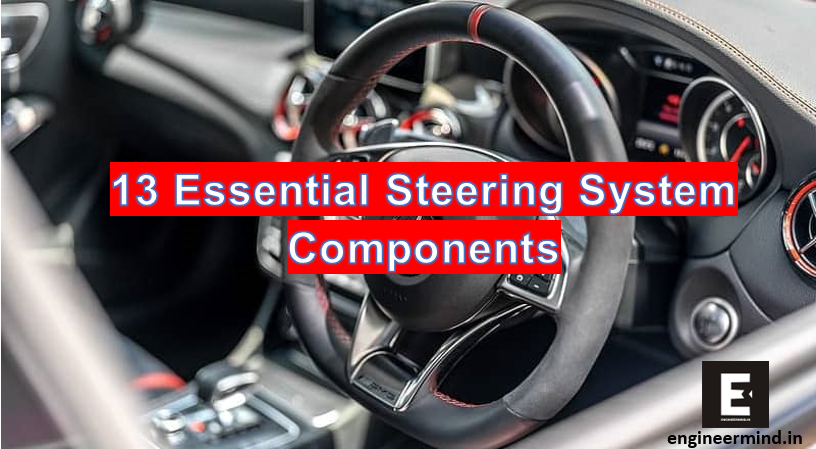
Even though they look antiquated, Toyota automobiles typically do not make use of functions or technologies that the company does not believe it can rely on, which results in the vehicle having a longer lifespan. This holds true even in modern times.
What I’ve noticed is that some of the older Toyota sedans, especially those from the 1980s to the 1990s, have vehicles that are less modern and comprehensive than those of their rivals (for example, Honda), but because they are more economical and have fewer electrical issues, they cause fewer problems and the vehicles last longer. This is especially true for the sedans that were manufactured in the 1980s and 1990s. It is common knowledge that the electronic system of modern automobiles is the most destructive factor to their longevity.
For example, the Toyota Kijang seen above is out of date in terms of its features, and it continued to utilise a carburettor system in 1997, despite the fact that all of its competitors had gone to fuel injection systems by that point. However, due to the fact that it contained fewer electronic components, the vehicle had a longer lifespan. This was particularly the case due to the fact that the engine continued to use a carburettor, which is simpler and requires less electrical complexity compared to fuel-injected engines used by other brands of vehicles.
Simple automobiles typically do not have many problems, despite the fact that they eventually have fewer features. However, simple automobiles at least serve their purpose and do not cause their owners any problems, which is especially important over time when many cars are damaged because the electronic system fails before the engine.
Even while it has the potential to make the automobile dull or unpleasant as a side consequence, I believe that some people pick Toyota automobiles because of their functionality rather than because of their features. This is due to the fact that I’ve observed Toyota to be relatively conservative when it comes to applying new technology or installing engines in their automobiles (except for Lexus)
Even now, Toyota continues to produce some “Spartan” automobiles that are intended to have a long lifespan; this is the reason why there are still some Toyotas in existence despite the fact that many other automobiles have been discontinued.






